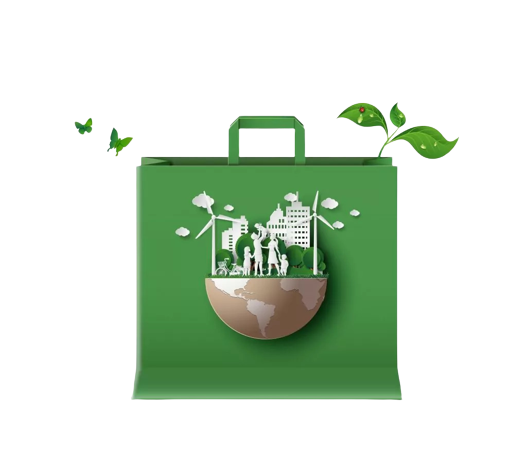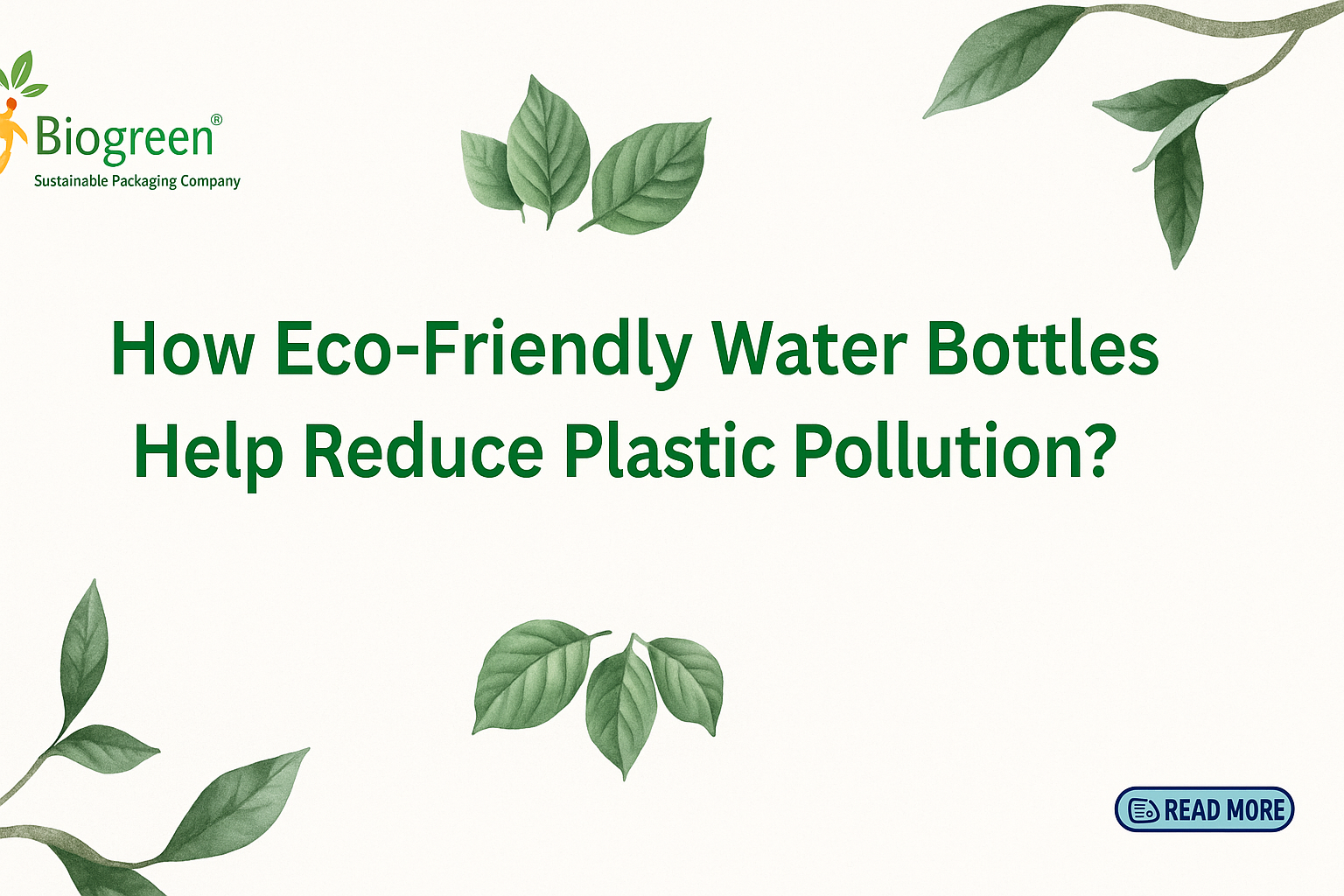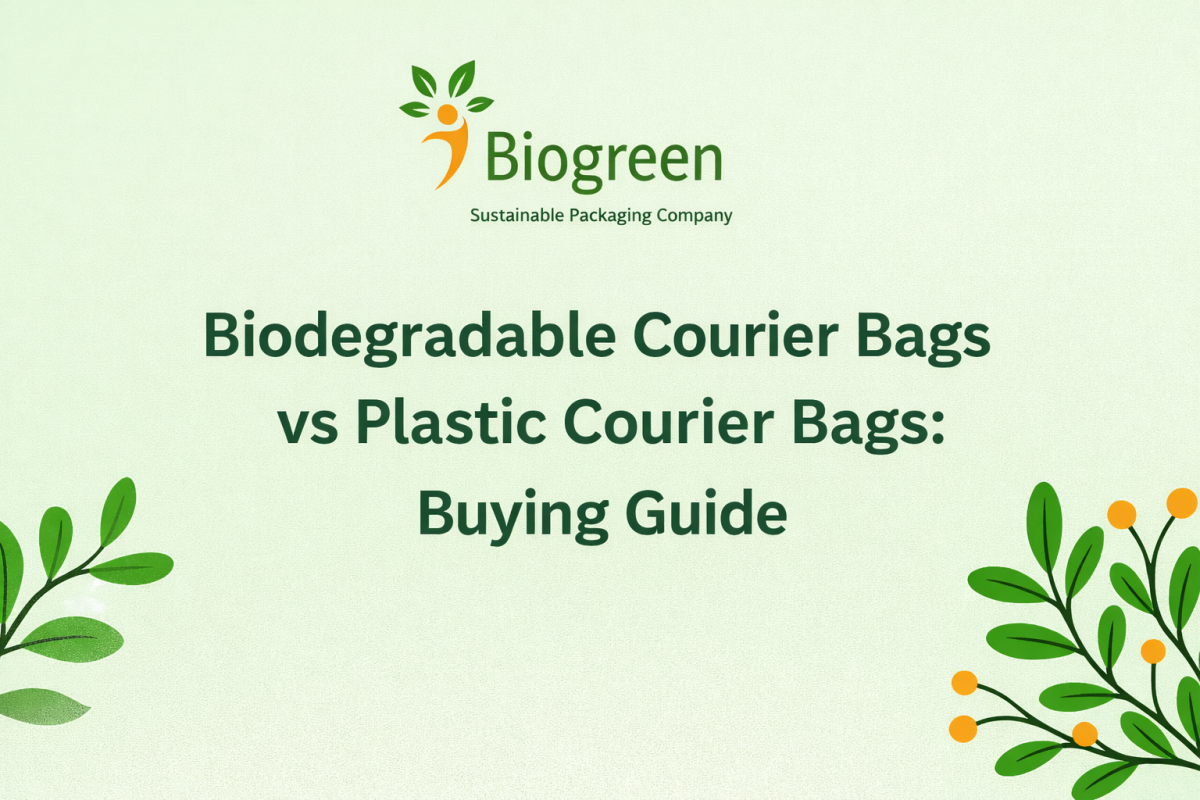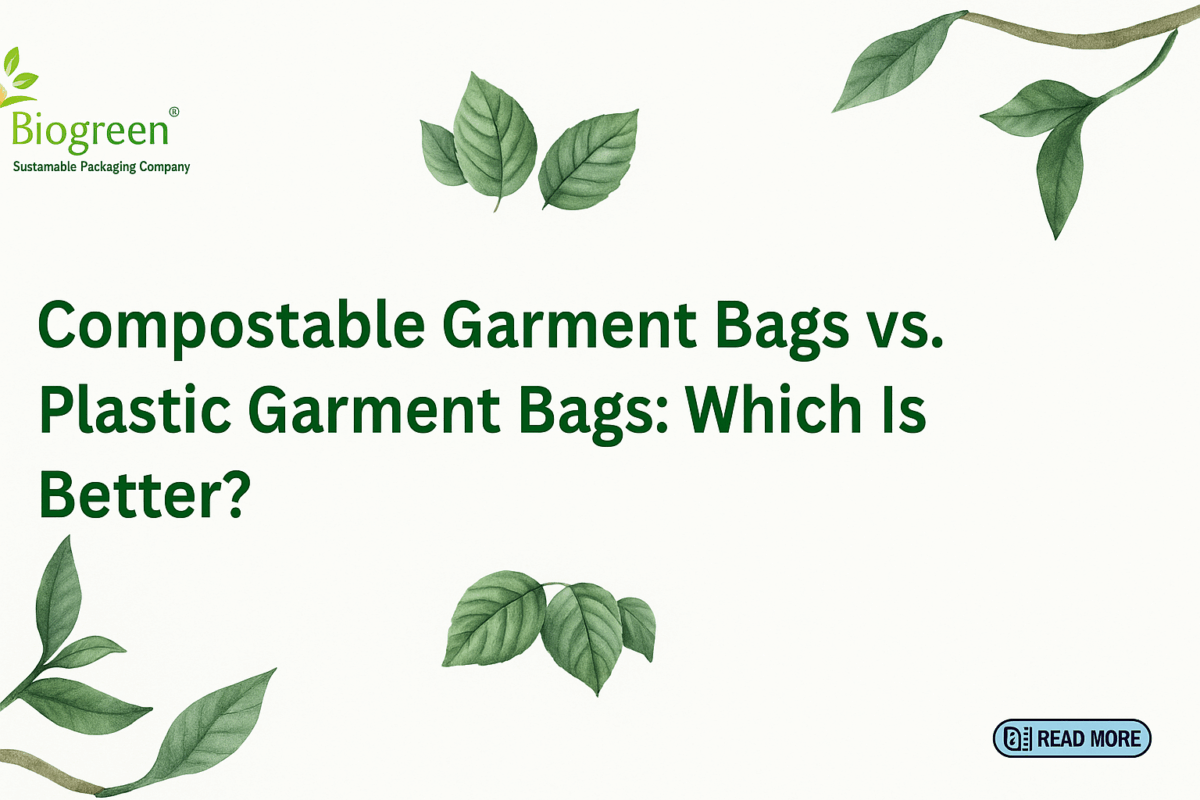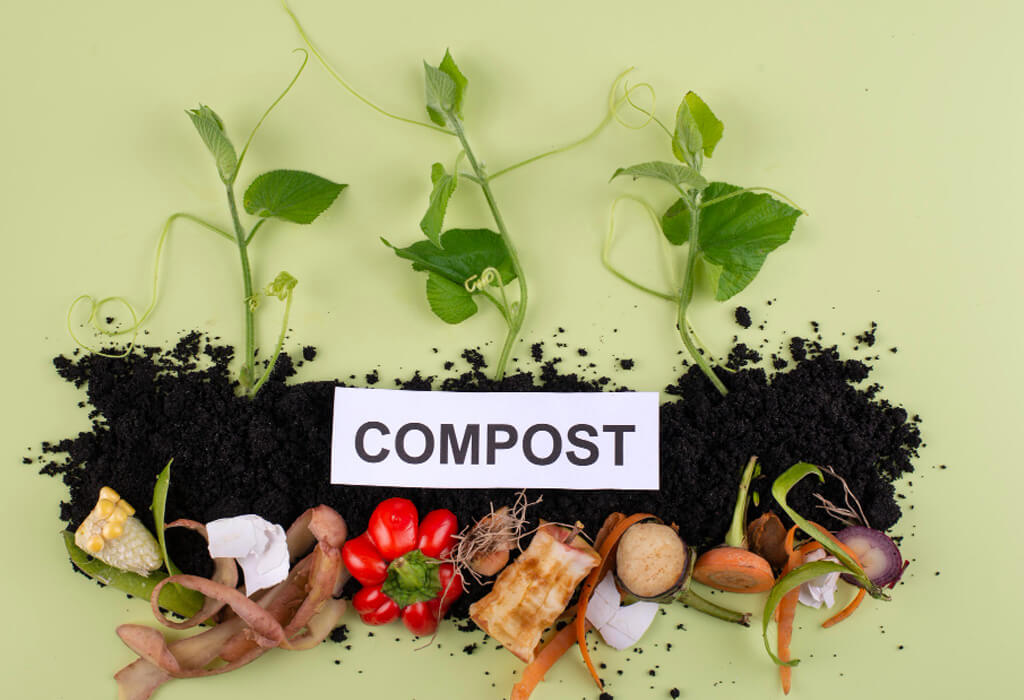Introduction
In a world overwhelmed by plastic pollution, eco-friendly water bottles are more than just a trend—they’re a necessity. With the environmental impact of single-use plastics growing every day, switching to a reusable and sustainable bottle is one of the simplest steps you can take toward a cleaner planet.
qdal88 gacor4d qdal88 slot gacor amintoto slotgacor4d amintoto slot thailand slot gacor 4dThis blog explores why eco-friendly bottles matter and how they can make a big difference, not just for you but for the Earth.
What Are Eco-Friendly Water Bottles?
Eco-friendly water bottles are thoughtfully designed alternatives to single-use plastic bottles. They are made using sustainable, recyclable, or biodegradable materials that are safe for both humans and the environment. Some popular types include:
- Stainless Steel – Durable, rust-free, and fully recyclable.
- Glass – Non-toxic and doesn’t alter the taste of water.
- BPA-Free Plastic – Lightweight and safer than traditional plastic.
- Compostable Materials – Made from cornstarch, bamboo, or PLA, these bottles break down naturally and are similar in composition to products like Compostable Carry Bags.
These bottles not only reduce your carbon footprint but also complement other sustainable products like Biodegradable disposable glasses for a plastic-free lifestyle.
How Do Plastic Bottles Harm the Environment?
Although plastic water bottles are convenient, they have devastating consequences:
- Excessive Waste – Over a million bottles are used globally every minute, and most are not recycled.
- Non-Biodegradable – It can take up to 450 years for one bottle to decompose, leading to long-lasting microplastic pollution.
- Marine Life Risk – Many aquatic animals mistake plastics for food, leading to fatal blockages or poisoning.
- High Carbon Emissions – Producing and transporting plastic bottles contributes massively to greenhouse gas emissions.
Just like switching to a Compostable Garbage Bag for your kitchen waste, choosing the right water bottle can drastically cut down on long-term waste.
How Do Eco-Friendly Water Bottles Help Reduce Pollution?
Using an eco-friendly water bottle is one of the simplest, yet most powerful sustainable swaps:
- Reduces Plastic Dependency – One bottle can replace thousands of single-use plastics over its lifespan.
- Protects Oceans – Fewer plastic bottles in circulation means fewer ending up in oceans.
- Lowers Resource Consumption – Less oil, water, and energy go into making and transporting plastic.
- Promotes Zero-Waste Living – Just like reusable shopping bags or a Biodegradable courier bag, sustainable bottles support mindful consumption.
Choosing the Best Eco-Friendly Water Bottle
When picking your bottle, keep these factors in mind:
- Material Type – Go for stainless steel or glass for durability and purity.
- Durability – You want a bottle that can handle everyday use without wearing out.
- Leak-Proof Design – A must for bags, desks, and travel.
- Ease of Cleaning – Wide-mouth bottles are best for daily cleaning and hygiene.
And for those who travel or work on the go, pairing your bottle with sustainable items like Biodegradable bubble wrap for safe carrying of fragile items or tech gear keeps your green routine going strong.
Conclusion
Switching to Biogreen Bags eco-friendly water bottle is one small choice that leads to big environmental wins. These bottles are better for your health, easier on the planet, and are aligned with a lifestyle of sustainability. Whether you’re carrying water or embracing zero-waste with Compostable Carry Bags, every switch matters. Start today—refuse single-use, and choose to reuse.
FAQs
1. Are eco-friendly water bottles safe to use every day?
Yes, especially those made from stainless steel, glass, or BPA-free materials—they’re built for everyday use.
2. What are compostable water bottles made from?
They’re usually made from plant-based materials like PLA or cornstarch, similar to what’s used in new compostable packaging options.
3. Can biodegradable water bottles break down in nature?
Yes, but only under the right composting conditions—some require industrial composting, like many Biodegradable disposable glasses.

